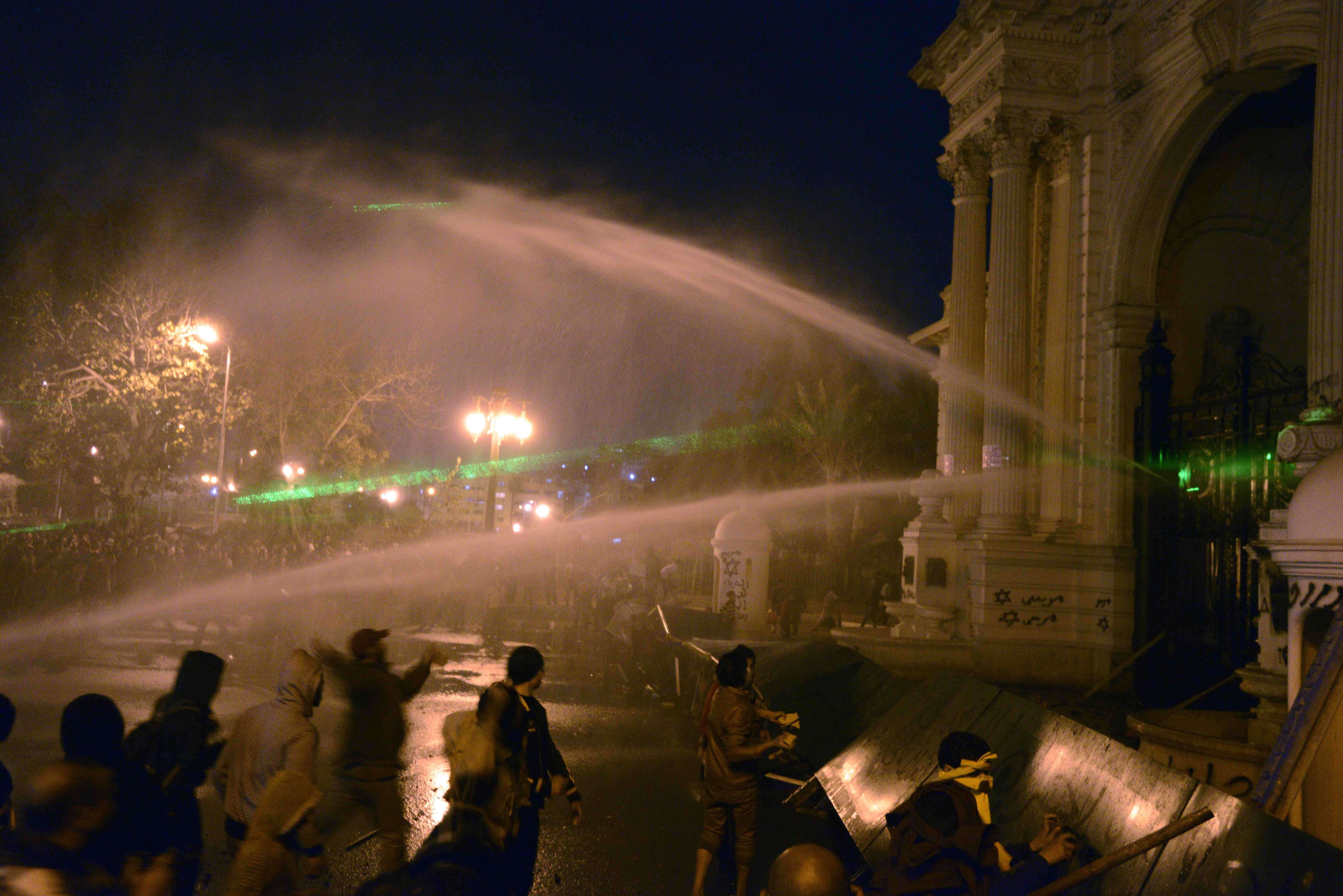Ahmed Ehab Gamal Al-Din — Egypt’s Permanent Representative to the UN and other international organisations in Geneva — delivered a joint statement on behalf of 67 states during the 50th session of the Human Rights Council (HRC) on the relationship between water scarcity and human rights.
The statement highlighted that the human right to having access to safe drinking water and sanitation is derived from the right to an adequate standard of living and is closely linked to both the right to physical and mental health and the right to life and human dignity, which has been recognised internationally since 2010.
The statement also noted that, despite this, billions of people lack safe drinking water and sanitation in their homes, schools, health facilities, and workplaces, leading to human rights violations.
It also included a reference to the fact that water affects the right to work and the right to food, making it essential for the full enjoyment of life and all human rights.
The permanent representative also noted that the communiqué expressed deep concern over the negative impacts of climate change, loss of biodiversity, and other pressures on the quantity and quality of water available to sustain human lives and healthy ecosystems.
The global water crisis — including pollution, water scarcity, and water-related disasters — has severely threatened the enjoyment of many human rights, especially for people in vulnerable situations, he stressed.
The statement also reaffirmed the collective commitment of the co-sponsors to Sustainable Development Goal Six on “clean water and sanitation.
Furthermore, Gamal Al-Din requested that the Office of the High Commissioner for Human Rights participate actively in UN-Water and in the preparatory process for the review conference.
This includes involving all human rights bodies, inviting them to continue their participation in all relevant discussions, reporting on the promotion and protection of water-related human rights, and proposing concrete means of international cooperation to alleviate the problem.
He also noted that the joint statement is a part of ongoing efforts to prepare for the Mid-Term Review Conference of the International Decade for Water, taking into account that it is the first international conference on water in more than 46 years.
In this regard, he stressed that the fact that so many states have acceded to the joint statement — including the US, China, Nigeria, Cameroon, Namibia, the UK, Malaysia, Switzerland, all Arab States, and a number of EU and Latin American states — confirms their convergence of views on the importance of addressing the relationship between water and all human rights from a comprehensive perspective, and their interest in strengthening the role of human rights mechanisms in addressing water-related issues.



